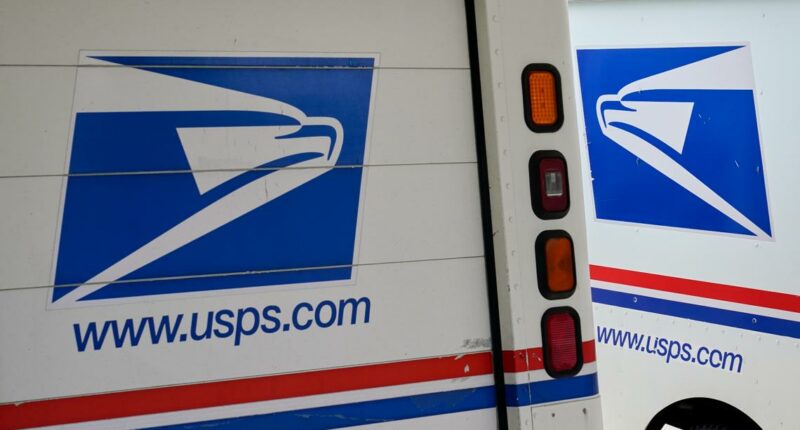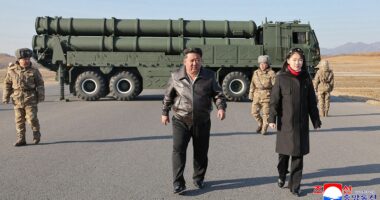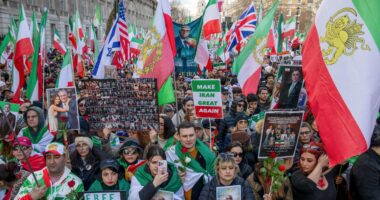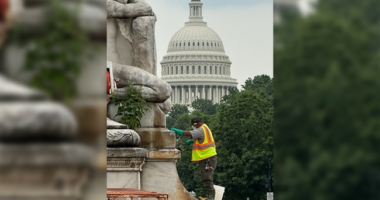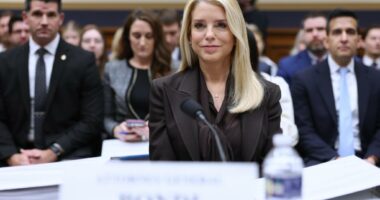Share this @internewscast.com
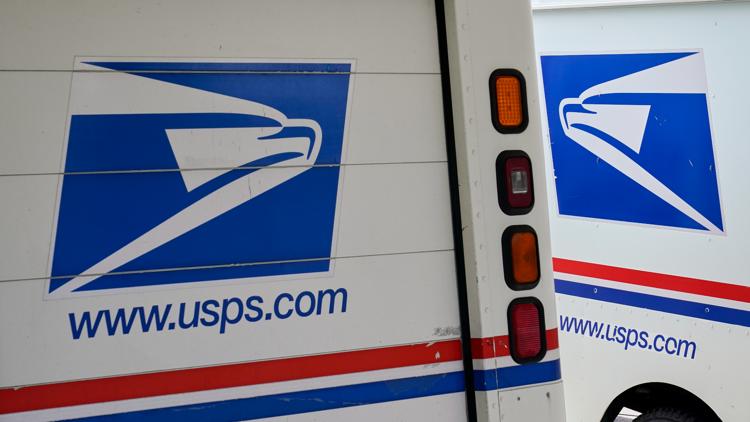
The U.S. on Aug. 29 eliminated an exemption that had allowed U.S.-bound parcels valued at $800 or less to avoid customs charges.
WASHINGTON, D.C., USA — Postal traffic into the United States decreased by over 80% following the Trump administration’s decision to end the tariff exemption for low-cost imports, as reported by the United Nations postal agency on Saturday.
The Universal Postal Union has begun implementing new strategies to assist postal services worldwide in estimating and collecting duties, or taxes, after the U.S. withdrew the “de minimis exemption” for lower-value shipments.
Eighty-eight postal services have informed the UPU that they have paused some or all of their mailing services to the United States until a resolution is reached concerning U.S.-bound shipments valued at $800 or less, which used to be the threshold for avoiding customs fees.
“The global network experienced a significant slowdown in postal traffic to the U.S. following the new regulations that took effect on Aug. 29, 2025. These rules assigned the responsibility for customs duty collection and remittance to transportation carriers or U.S. Customs and Border Protection agency-approved qualified parties for the first time,” stated the UPU.
The UPU highlighted that data shared among postal services via its electronic network revealed a drastic 81% decrease in traffic from its 192 member nations—nearly every country in the world—on Aug. 29, compared to a week prior.
The agency, located in Bern, Switzerland, explained that the “significant operational disruptions” arose because airlines and other carriers expressed an inability or unwillingness to handle these duties, and foreign postal services had not forged links with CBP-certified companies.
Before the measure took effect, the postal union sent a letter to U.S. Secretary of State Marco Rubio to express concerns about its impact.
The de minimis exemption has existed in some form since 1938, and the administration says the exemption has become a loophole that foreign businesses exploit to evade tariffs and criminals use to get drugs into the U.S.
Purchases that previously entered the U.S. without needing to clear customs now require vetting and are subject to their origin country’s applicable tariff rate, which can range from 10% to 50%.
While the change applies to the products of every country, U.S. residents will not have to pay duties on incoming gifts valued at up to $100, or on up to $200 worth of personal souvenirs from trips abroad, according to the White House.
The UPU said its members had not been given enough time or guidance to comply with the procedures outlined in the executive order U.S. President Donald Trump signed on July 30 to eliminate the duty-free eligibility of low-value goods.
Copyright 2025 Associated Press. All rights reserved. This material may not be published, broadcast, rewritten, or redistributed.
